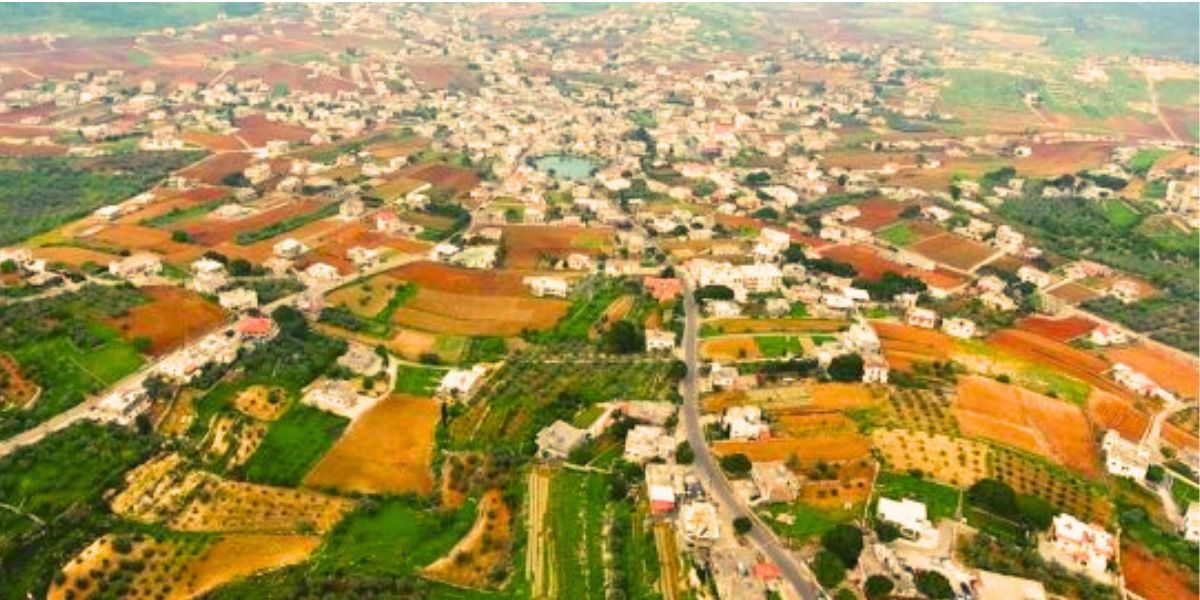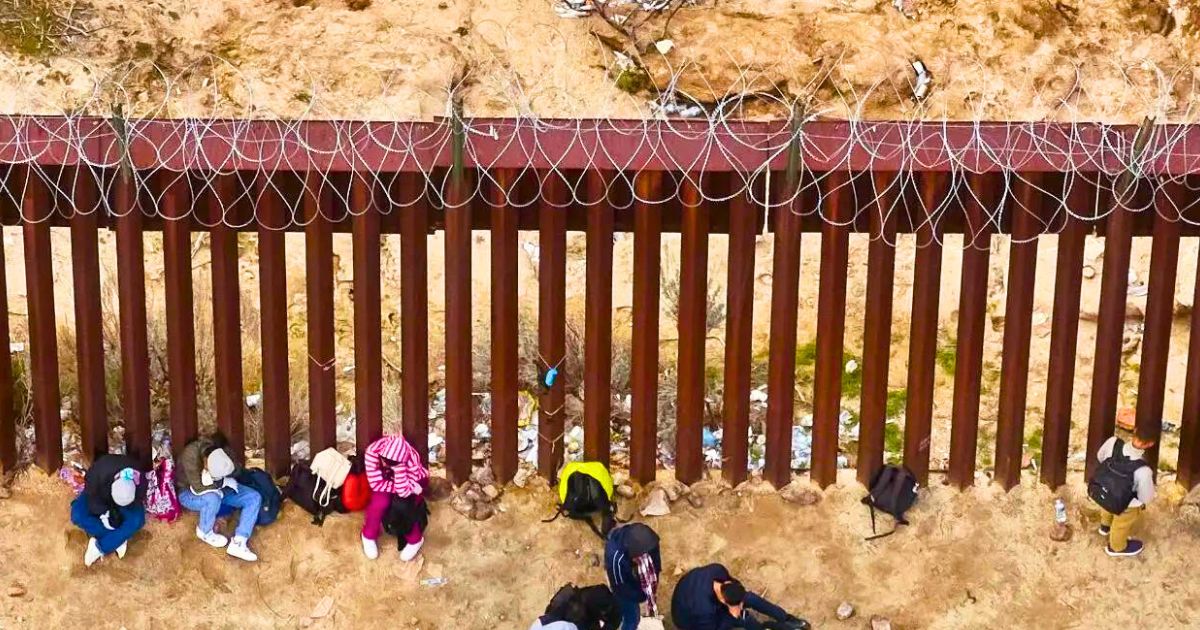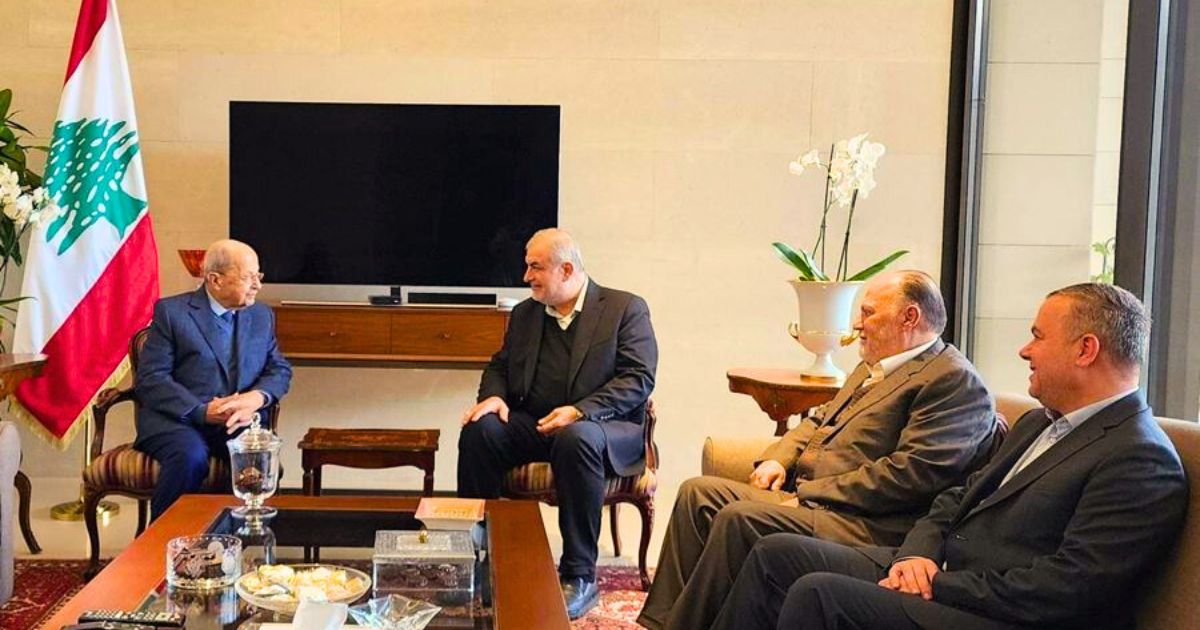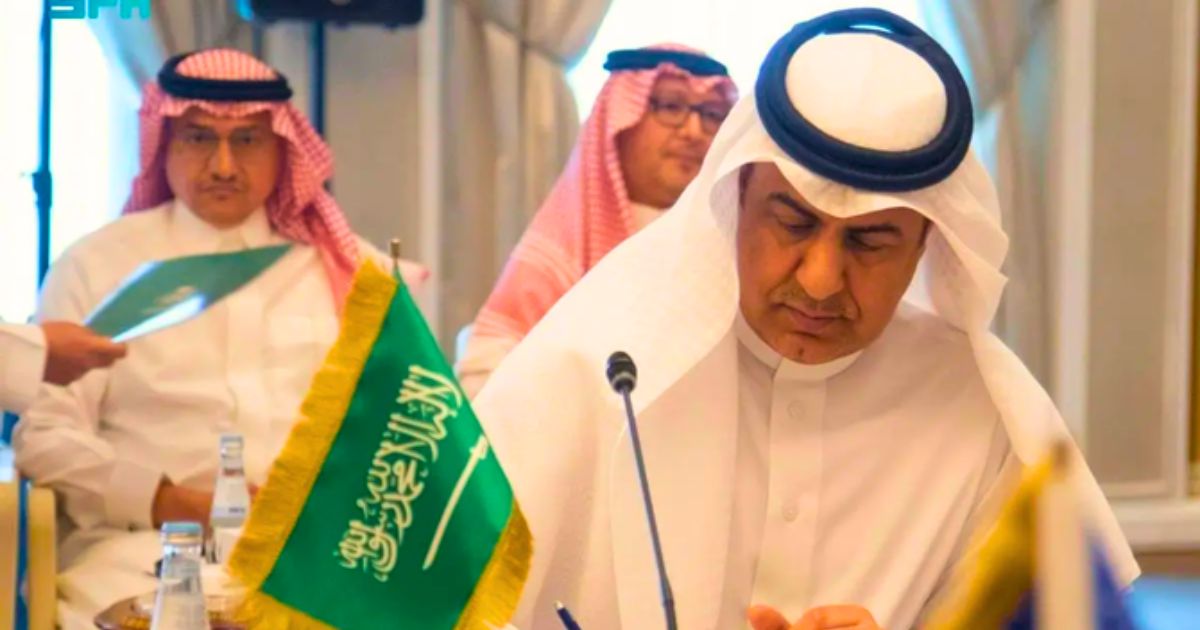Billboards have appeared in Sanaa, the capital of Yemen, showing support for Lebanese Information Minister George Kordahi.
The minister declared in an interview that the war in Yemen was futile and that the Houthis were defending themselves against the Saudi-led coalition aggression.
This remark outraged several Arab Gulf countries, including Saudi Arabia that expelled Lebanon’s envoy, recalled its ambassador from Beirut, and banned importations from Lebanon. It has even instructed DHL to stop its mail deliveries from Lebanon.
The Lebanon-Gulf Crisis comes from a deep-rooted tension between some Arab Gulf governments, including Saudi Arabia, and has now taken a worrying turn.
Bahrain, Kuwait, and the UAE have taken similar political and diplomatic boycott decisions against Lebanon. The UAE has even called its citizens in Lebanon to leave right away.
The Lebanese government tried to calm the crisis by declaring that the statement was not representative of the country’s opinion but was only a personal opinion.
But that hasn’t been enough since the root of the problem is “broader” and more complex as clarified by the Saudi Foreign Minister during an interview with CNBC.
He explained the decision of cutting relations with Lebanon is essentially due to Iran‘s proxy in the Lebanese government, Hezbollah, having the upper hand over the Lebanese political life, making any interaction with Lebanon pointless.
The war in Yemen is often described as a proxy war between the Kingdom of Saudi Arabia and the Islamic Republic of Iran supporting the Houthis. The conflict killed more than 230,000 persons to date and generated what is known to be the world’s worst humanitarian crisis.
Nevertheless, Kordahi’s views regarding the Yemeni war are shared amongst the pro-Iranian groups in Yemen, which have installed Billboard in the capital with the hashtag “Yes George, the Yemen war is absurd.”
The Lebanon-Gulf Crisis is driving Lebanon away from Saudi Arabia, which is an important economic partner of the country, and away from its once-friendly and supportive countries of the Arab Gulf.
These countries have been of significant support to Lebanon in the aftermath of the Beirut Explosion and during the pandemic. Adding that Lebanon’s tourism sector, which plays a chief role in Lebanon’s economy, counts to a large extent on tourists and visitors from the Arab Gulf.
The Lebanon-Gulf Crisis is also about to remodel the balance of power in the region, giving Iran, the Arab Gulf’s nemesis via its proxy on the ground, more power in Lebanon.

















